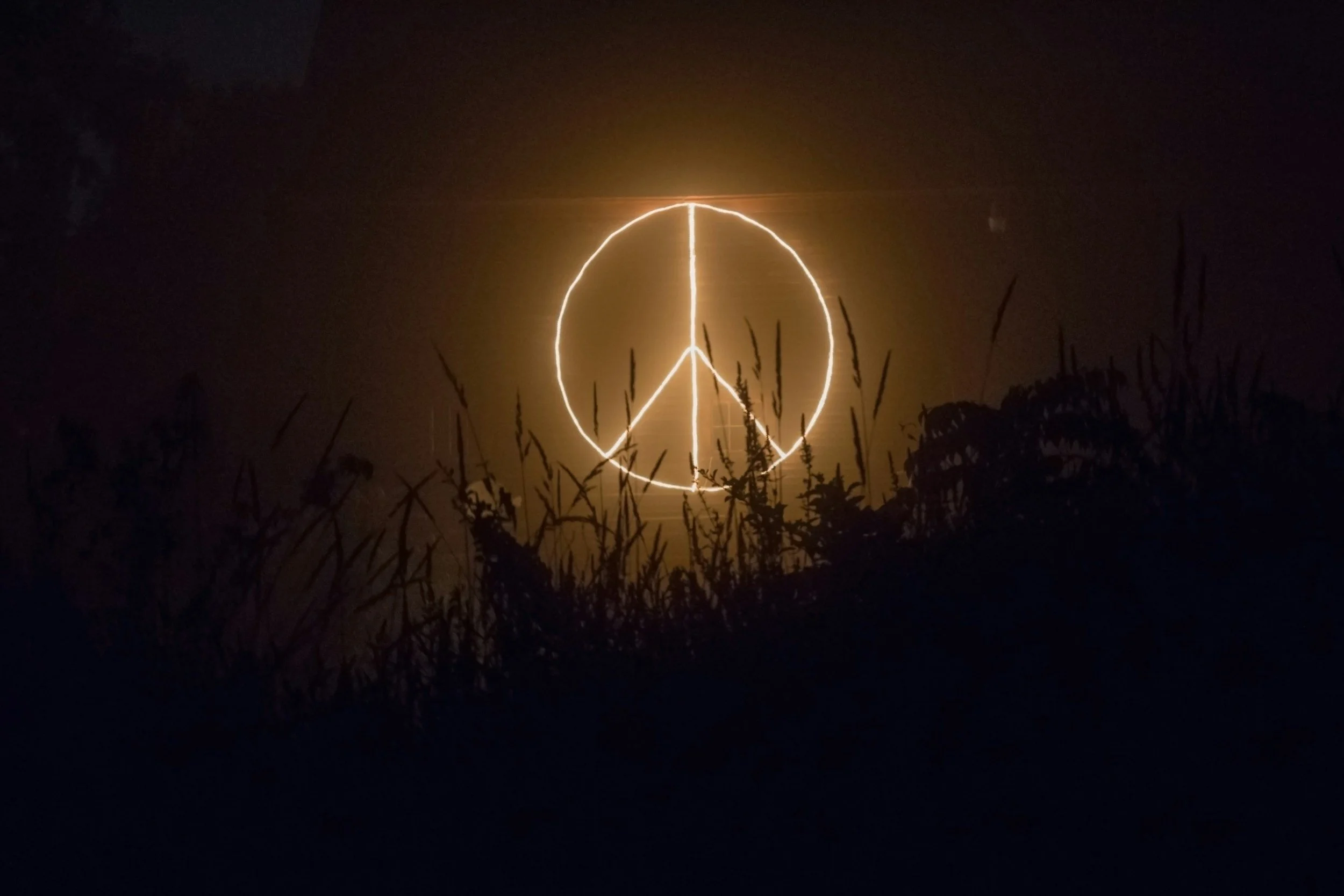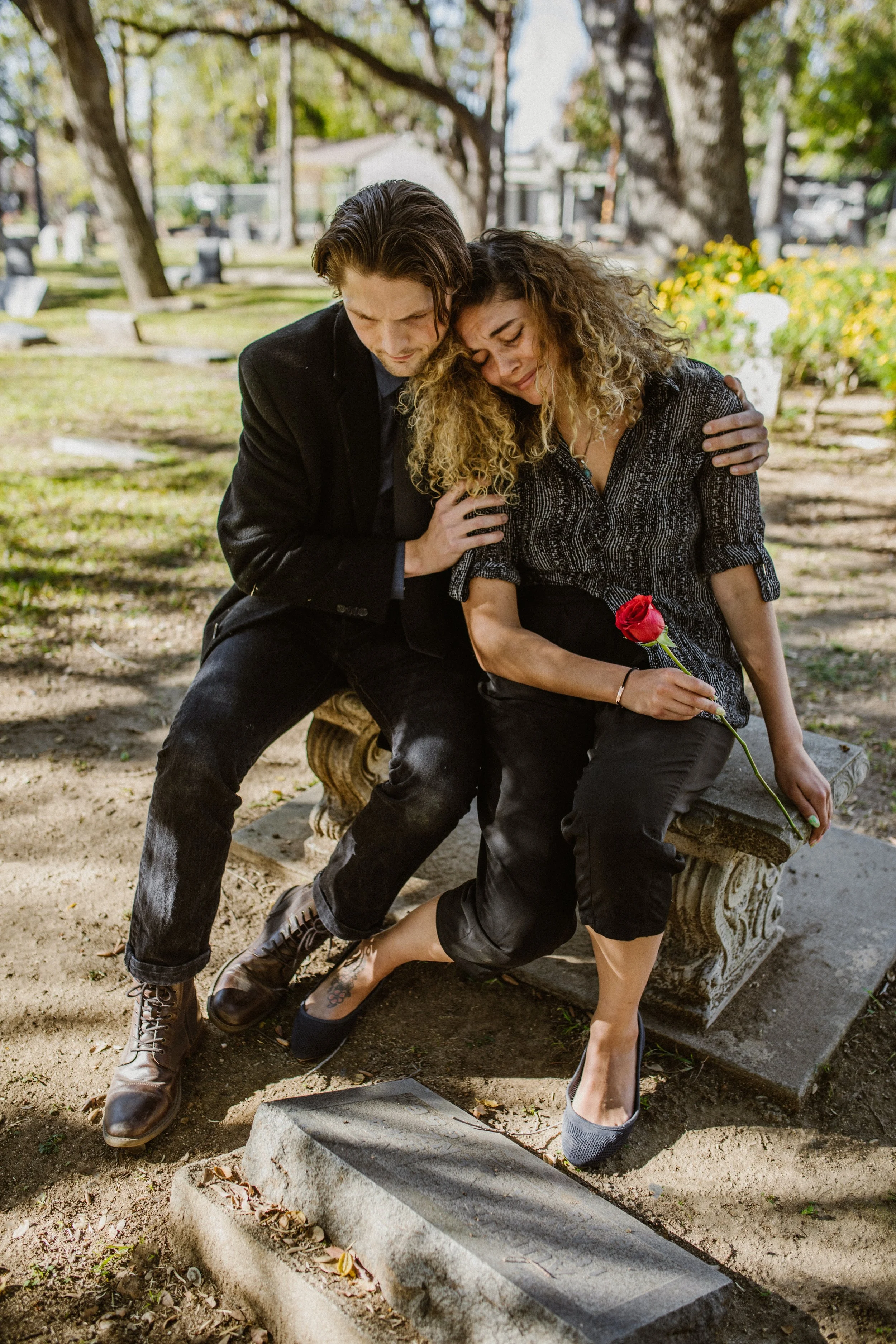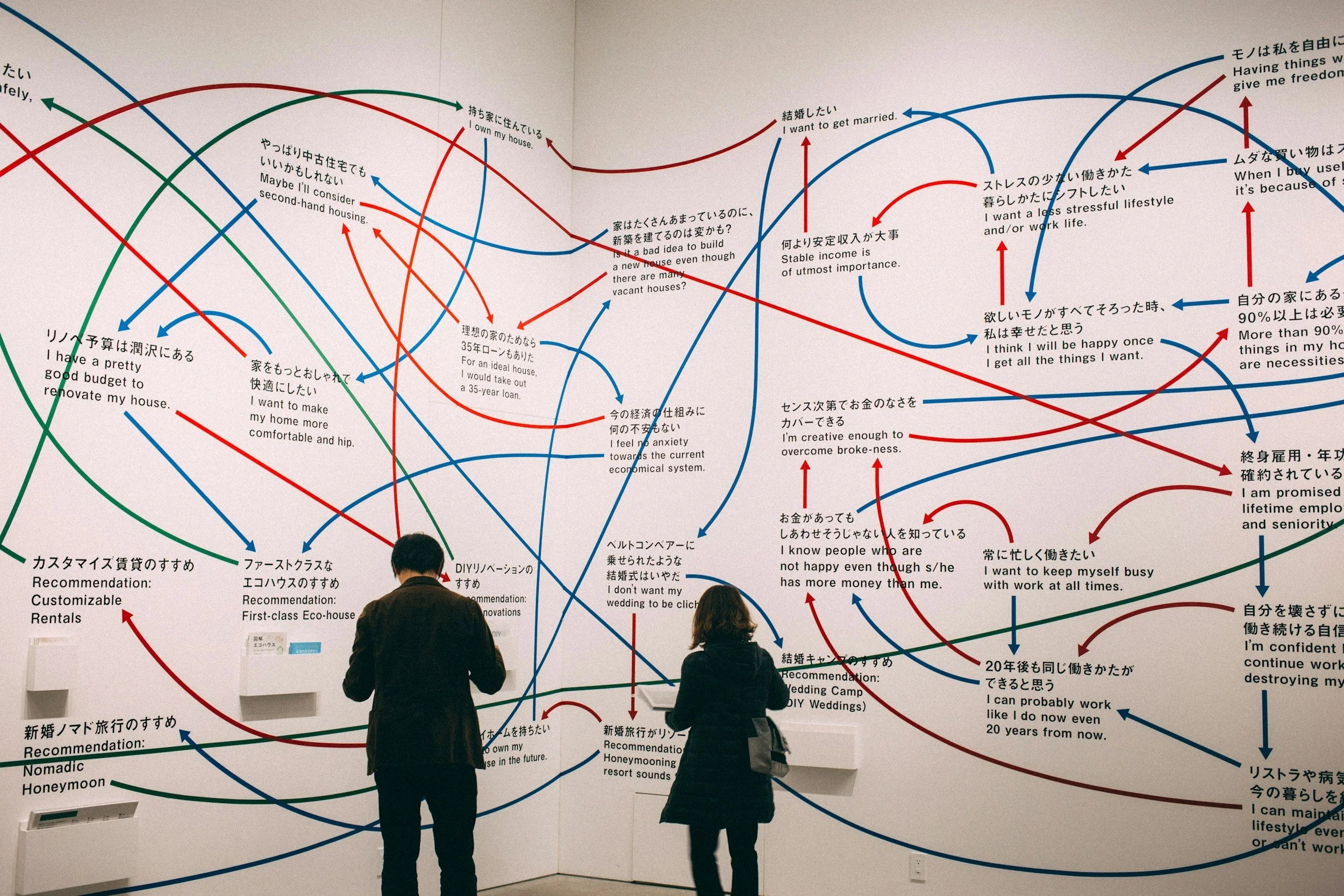Narrative Lectionary Key Verse for Today
“Then afterwards
I will pour out my spirit on all flesh;
your sons and your daughters shall prophesy,
your old men shall dream dreams,
and your young men shall see visions.”
NL Daily Devotion for Sunday, December 8, 2024
by Dr. Kimberly Leetch, Clergy Stuff
Main Idea: God’s vision can shift the hearts of a community willing to be transformed.
In the midst of a plague of locusts and drought, Joel wrote to a people suffering from the devastation. For an agricultural community, such a calamity would have struck to the heart of who they were. They were God’s people. They were farmers and tradespeople. They were daughters and sons, old and young, slave and free. Their very survival depended on their ability to nurture the land and its people.
Joel implored the people to “return to [God],” as if their own actions could shape the outcome of their situation. Yet, plagues, droughts, war—these were all things that originated outside of them. How could their repentance lead to the calming of the locusts, and a drenching of a dry land?
On the other hand, maybe such things were not as far beyond their control as it seemed. God’s creation is intricately intertwined. When God’s people are living and acting in harmony with God’s will, there is a power there that can transcend the things that come crashing in from outside of themselves.
For a people suffering from famine, starvation, and threats from neighboring countries, repentance would require more than a changing set of behaviors. What Joel proclaimed required more. It required an internal shift. “Rend your hearts and not your clothing.” Moving toward a community that is more fully self-sufficient, just, and peaceful would require looking at things in a brand-new way. What Joel asked was a willingness to have that internal sight transformed. It was God who would provide the vision. And in the naming of the ones to receive the sight, we glimpse a hint of the type of shift God was asking. God’s visions were all-inclusive: "sons and daughters; old men; young men; male and female slaves” would all be given a vision of a better way. Even in naming these, hearers would have to rethink the hierarchical structures they were operating by. They would have to see all people in their own community as worthy of God’s vision.
It has taken centuries, but humanity has made progress in reimagining the world toward God’s sight. Most countries have outlawed slavery, and many countries have begun to uplift their marginalized in a move toward equality and equity. There is still work to be done, but God’s vision continues to evolve and spread.
So, how does seeing through God’s eyes help with the external catastrophes like droughts or famine? Firstly, there is likely an unseen connection between the health of God’s human communities and the planet. Our negative practices toward each other and the environment do have a direct impact on the health of the planet. Secondly, even when global catastrophes cannot be prevented, a healthy human community will be equipped to support each other for a quicker recovery. The anguish over a lost house can be lessened by a community that comes together to rebuilt for those that have suffered. The devastation of hunger can be quelled by a community that comes together to distribute the abundance of the planet’s resources globally. The tragedy of war can be ceased when agents of peace work tirelessly to bring opposing forces to a bargaining table. None of this is possible, however, until humanity willingly shifts its heart-center away from self and toward God’s vision for a peaceful, abundant world.





